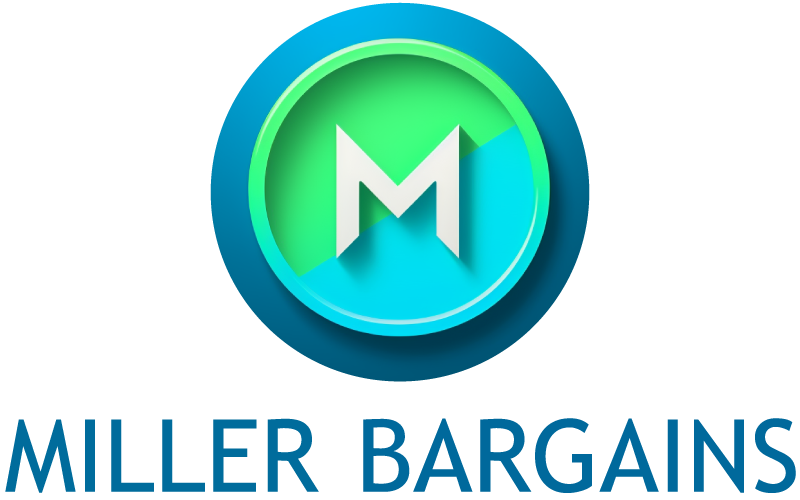The world of video games is vast and varied, offering something for every gamer’s preference. But with the multitude of gaming platforms and formats available today, where can you buy your favorite games? This article will explore the diverse places you can purchase video games, from physical stores to online marketplaces.
1. Local Game Retailers
Brick-and-mortar game stores remain a cherished haven for gamers. Retailers like GameStop and independent game shops offer a tangible experience where you can browse physical copies of games, accessories, and merchandise. This option allows you to interact with knowledgeable staff and fellow gamers.
2. Online Retailers
Amazon, Best Buy, and Walmart have extensive online gaming sections. They provide a vast selection of physical game copies, gaming hardware, and accessories. Online retailers often offer pre-order bonuses, discounts, and convenient home delivery options.
3. Digital Storefronts
Digital distribution platforms, such as Steam, Epic Games Store, PlayStation Store, and Xbox Live Marketplace, have revolutionized game purchasing. Gamers can download titles directly to their consoles or PCs. These platforms frequently host sales, giveaways, and exclusive content.
4. Subscription Services
Services like Xbox Game Pass, PlayStation Now, and EA Play offer access to a library of games for a monthly fee. Subscribers can enjoy a rotating selection of titles and, in some cases, play newly released games on the day of launch.
5. Indie Game Marketplaces
If you’re a fan of indie games, platforms like itch.io and the Nintendo eShop are treasure troves. These marketplaces specialize in indie and small-scale games, often supporting emerging developers and unique, artistic creations.
6. Mobile App Stores
Mobile gamers can explore a plethora of titles on app stores like Google Play for Android devices and the App Store for Apple devices. Many games are free-to-play, with optional in-app purchases.
7. GOG (Good Old Games)
GOG specializes in DRM-free game distribution. Gamers can buy and download classic and modern titles without worrying about digital rights management restrictions.
8. Secondhand Markets
If you’re on a budget or looking for retro games, consider thrift stores, garage sales, or online marketplaces like eBay and Craigslist. Be cautious and verify the authenticity of games when buying from individual sellers.
9. Crowdfunding Platforms
Platforms like Kickstarter and Fig allow gamers to support the development of upcoming games by contributing to crowdfunding campaigns. Backers often receive exclusive rewards and early access to the finished product.
10. Bundles and Humble Store
Bundles like the Humble Bundle offer games at discounted prices while also allowing you to contribute to charity. You can select the price you want to pay and receive a collection of games.
11. Specialized Online Communities
Some gaming communities have their own marketplaces. For example, trading or selling in-game items and accounts is common in games like World of Warcraft and Counter-Strike: Global Offensive.
12. Game Developers’ Websites
Some game developers and studios sell their titles directly from their websites. This can be an excellent way to support indie developers and receive exclusive content or early access.
Conclusion
In conclusion, the modern gaming landscape offers a wealth of options for purchasing video games. Whether you prefer the tactile experience of a local game store or the diversity of indie game marketplaces, there’s a buying option tailored to your needs and preferences. So, dive into your gaming adventure, explore the myriad options, and find your favorite places to acquire the latest and greatest titles.

